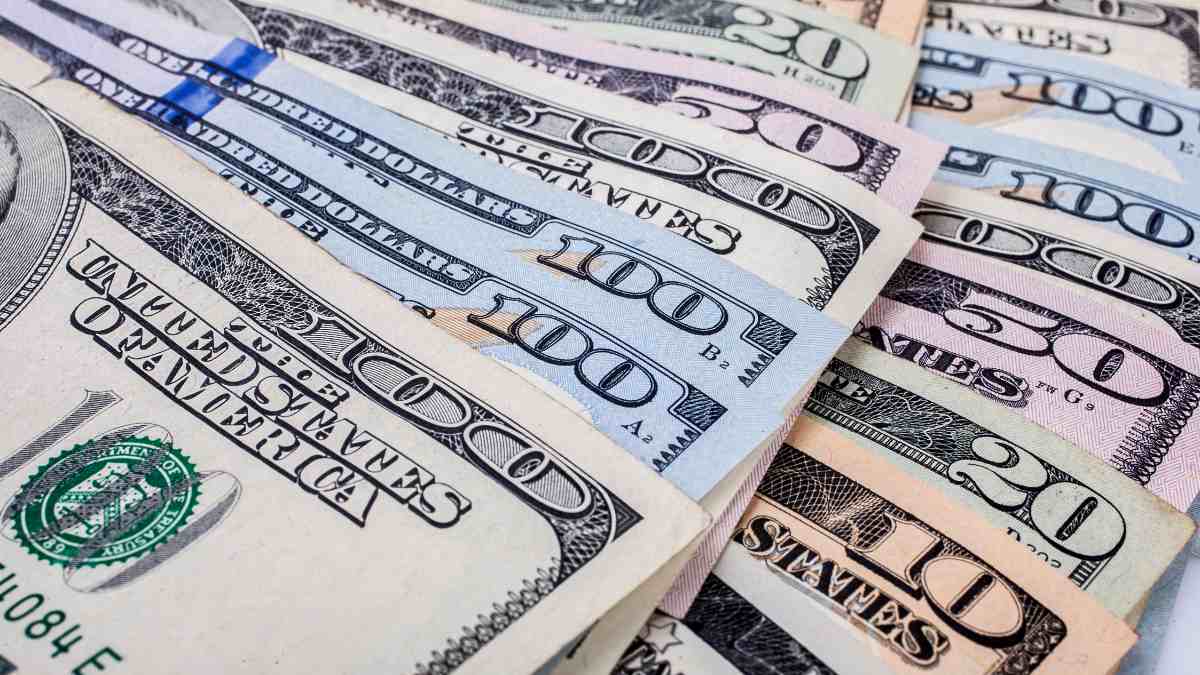In recent months, there has been talk about the possibility of the United States government issuing a $2,000 stimulus check for seniors in 2024. However, this claim is entirely false. Neither the Internal Revenue Service (IRS) nor the Social Security Administration (SSA) has made any official announcements about a new stimulus check of that amount for the upcoming year.
During the COVID-19 pandemic, the U.S. government rolled out several economic stimulus packages to help citizens deal with financial hardships. These stimulus payments, which came as direct checks, provided relief to millions. However, since then, various rumors about new stimulus checks have surfaced without any official backing.
Where do these rumors for stimulus check come from?
The false information about a new $2,000 check for seniors in 2024 is just one such rumor. This misinformation has been widely shared on social media and various websites, leading to confusion among people who are seeking financial support to cope with rising costs of living.
The Social Security Administration (SSA), which manages payments for retirees and individuals with disabilities, has not issued any official statements regarding a new $2,000 stimulus check. The only additional payments beneficiaries can expect are the annual Cost-of-Living Adjustments (COLA), which increase payments based on inflation. These adjustments, however, are far smaller than the figure being circulated in these rumors.
Dates and payments mentioned in the rumors
One of the factors adding to the confusion is the specific dates mentioned in these rumors, claiming checks will be sent out on June 15, July, September, October, November, and December. These dates do not align with any official payment schedules from either the SSA or the IRS and appear to have been included to give a sense of credibility to an otherwise false narrative.
How to protect yourself from misinformation
To avoid falling for such scams, it’s essential to follow these tips:
- Check official sources: The best way to find out about any new stimulus programs or changes to Social Security payments is to visit the official websites of the IRS or the Social Security Administration.
- Avoid unverified sources: Rumors often spread on social media and unreliable websites. Before sharing any information, make sure it comes from a credible source.
- Be cautious of suspicious emails or phone calls: If you receive messages or calls claiming you’re eligible for a stimulus check and asking for personal or banking information, be wary. This could be a scam.
By following these steps and staying informed, you can help protect yourself and others from misinformation and potential fraud. Remember, when it comes to government payments, it’s always better to verify the information through official channels.




